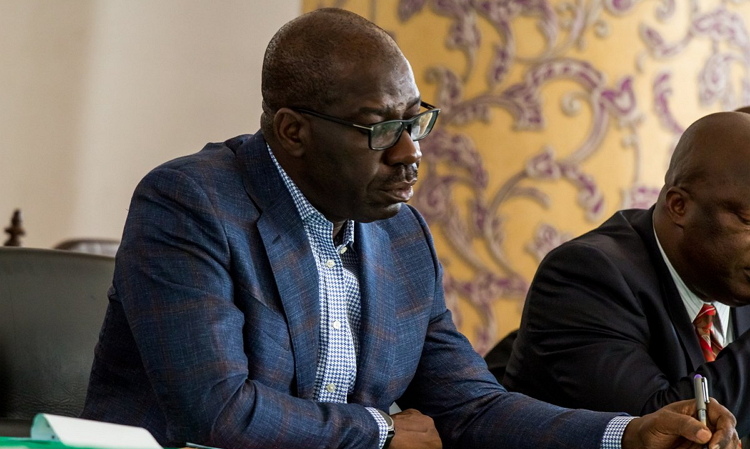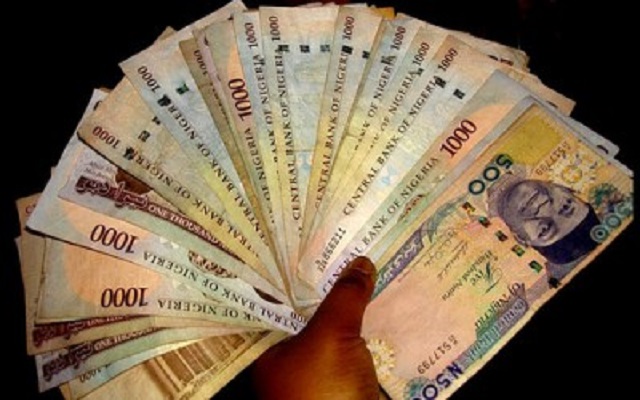Godwin Obinyan, a senior special assistant on social media to Governor Godwin Obaseki has come under fire over a tweet he made about being able to feed with just N500.
Nigerians on Twitter dragged the Governor’s social media aide, describing him as insensitive and distanced from the plight of the ordinary Nigerian.
Obinyan said with N500 he would be able to eat N200 rice, N100 beans and N200 assorted meat but that with $1 he can never do it in America.
With N500 I will eat N200 rice, N100 beans and N200 assorted meat…$1 can never do it in America, come and beat me!
— Jack Obinyan 🇳🇬 (@JackObinyan) December 2, 2020
“How is he comparing what N500 does in Nigeria to what $1 does in America? Why can’t he compare N1 with $1? Like how do they become SA to Governor?” one Twitter user queried.
Following criticism of the social media aide, he tried to expatiate his claim, saying, “purchasing power is what you evaluate and not the exchange rate”.
Bros the purchasing power for individuals is on a steady drop. You can afford #500 for one plate of food . How many persons at ring road hustling can afford cold bottle of coke ?
— 𝑅𝑒𝓉𝒾𝓇𝑒𝒹 𝐵𝓇𝒽𝑜𝑒 (@Brhoe_Khena) December 3, 2020
Coke 150 fearless 200 indomie and egg 150 =500… 500 is indeed really great pic.twitter.com/xYmgOvw1dd
— Major -General Muhammad Abdul🇳🇬 (@muhammadtajude7) December 3, 2020
N500 = 1 meal so 3 meals/day is 1500. 1500 for 30 days is 45k. Reminder that minimum wage is 30k & 45k feeds 1 mouth/month.
So a family of 4 with parents earning minimum wage will not feed their kids, have shelter or send their kids to school… you deserve more than beating ! https://t.co/17PzqN8rnm
— Ebele (@ebelee_) December 3, 2020
So by your calculations;
1Meal per day =N500
3 Square Meal per day=N1500
31days meal=N45000
N45000>>>N30,000 minimum wage
PS: Na only for feeding ooo
Don't be unfortunate 🤡🤡 https://t.co/f1yyvdmGJX— Kingsomang (@kingsomang) December 3, 2020
$1 dollar went from N400 to N500 in one year, meanwhile salaries did not increase.
But trust the aide of a Nigerian Politician to try and rationalise the Poverty.
Then you wonder why Governors discussed Social Media Bill before reopening the Borders.. https://t.co/pkOWrTW9pV
— William (@_SirWilliam_) December 2, 2020
Na wa ooo…N500 is trending on Twitter…Wailers are not smiling, somebody cannot advice you guys to be creative, ambitious and wean yourselves from import dependency.
— Jack Obinyan 🇳🇬 (@JackObinyan) December 3, 2020
https://twitter.com/Ody_johnson/status/1334260425546985472?s=19




